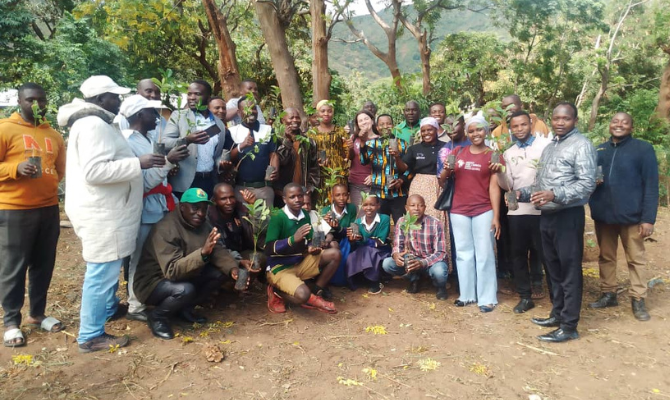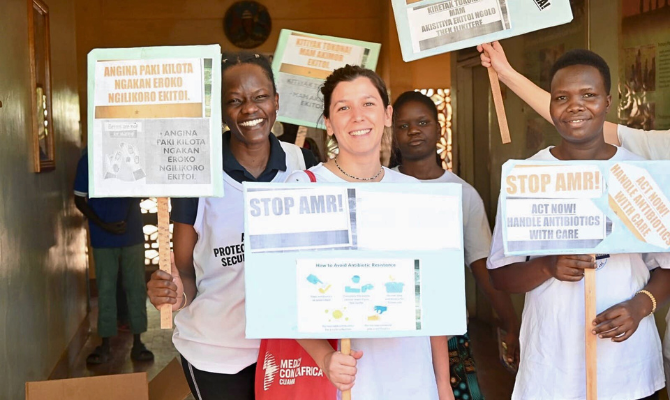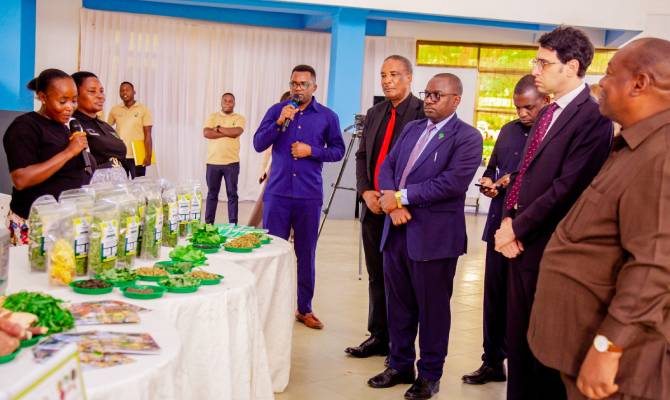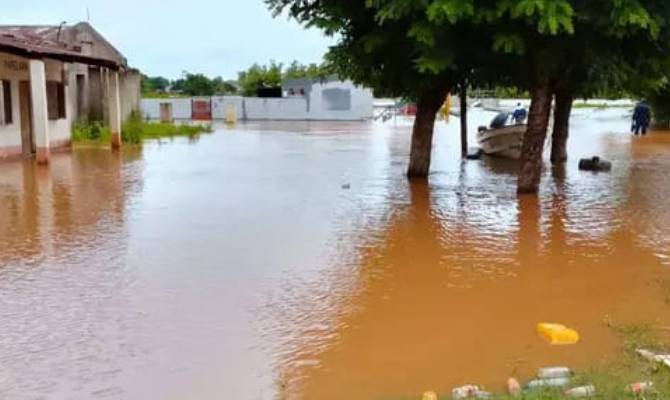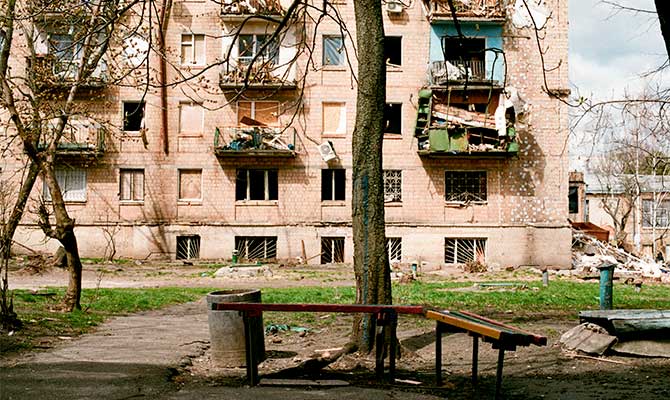“What grows slowly puts down deep roots” says an African proverb. It applies to the growth of a child, but also of skills to be put at the service of a community. Doctors with Africa CUAMM understands cooperation with the long timescale of a relationship, of growth. That is why it has decided to give trees as gifts. It is a way of uniting the work of caring for the health of mothers and children and at the same time for the environment.
In the Dodoma region, due to the growing problem of deforestation, there is an increasing focus on environmental issues. Among other initiatives, campaigns to plant trees are being promoted. In January 2025, the District Commissioner of Kongwa, the highest district authority, asked all NGOs to include the purchase of trees for planting in their budgets.
But how do you get trees? And how many? Each village, following the guidelines given by the Tanzanian government, must set up eight ‘stations’ dedicated to different themes and activities during the Village Health and Nutrition Days, the health awareness and education days organised every three months in the villages in Tanzania: “a station” for the promotion of hand hygiene, latrine use, safe treatment and storage of water for domestic use’; ‘the registration station’ of newborn babies, all children under 5 years of age, accompanying family members and pregnant women; “the measurement station” of children’s height and nutritional status through the MUAC, and pregnant women’s weight.
And again, each village must set up: “the health station” dedicated in particular to antenatal care, vaccinations, individual health and nutrition counselling and, when necessary, sending patients to health facilities for further treatment; “the complementary food station” with cooking demonstrations with local and diversified foods and the “station to improve food security” through the promotion and demonstration of good agricultural practices; the “early childhood development station”, the cognitive and motor development of children through interaction with the parent and play.
Finally, an area in the village is set aside for sharing results and for discussion and reflection with the community.
The good functioning and effectiveness of the services, together with male participation in the activities, are the criteria through which CUAMM staff score the various villages and thus the number of trees.
“In March, eight villages were chosen and in the last few weeks we have been distributing saplings, both fruit and “shade” trees, under which the community has the custom of gathering,” says Chiara Didonè, Cuamm project manager in Dodoma.
“The best of the eight villages received as many as 50 trees. News of the initiative spread to other villages, attracting the attention of the village chiefs who, in order to receive the trees, promised to improve their activities during the next Village Health and Nutrition Days. A few days ago, the distribution also took place in the villages of Sagara A and Pembamoto, in Kongwa district, in the presence of local authorities and the national media.
This initiative is part of the “Diverse Food System: Improving Nutrition by Supporting a Diverse and Sustainable Food System” project, supported by the Italian Agency for Development Cooperation and Zanetti Foundation.
Together with the government, we are committed to strengthening and improving services, particularly nutrition services, in the Dodoma area. Planting trees is a way to improve the health of the environment and thus of communities.

